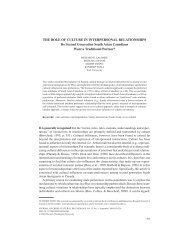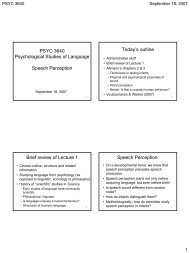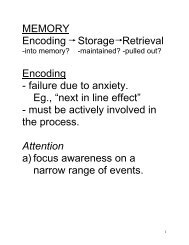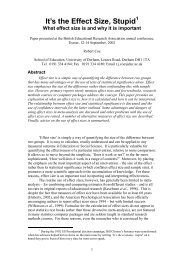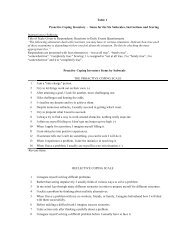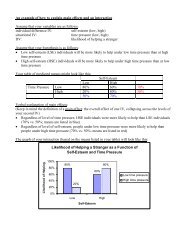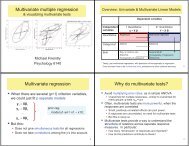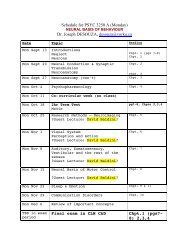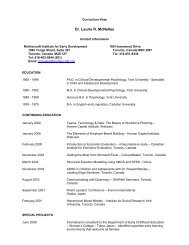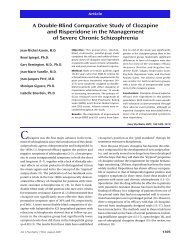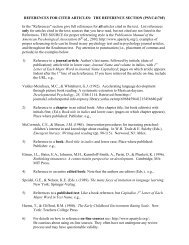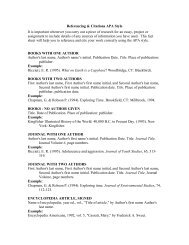The Drama of the Gifted Child (The Search for the True Self)
The Drama of the Gifted Child (The Search for the True Self)
The Drama of the Gifted Child (The Search for the True Self)
Create successful ePaper yourself
Turn your PDF publications into a flip-book with our unique Google optimized e-Paper software.
PERPETUATION OF CONTEMPT IN PERVERSION<br />
AND OBSESSIONAL NEUROSIS<br />
If we start from <strong>the</strong> premise that a person's whole development<br />
(and his narcissistic balance that is based upon<br />
it) is dependent on <strong>the</strong> way his mo<strong>the</strong>r experienced his expression<br />
<strong>of</strong> needs and sensations during his first days and<br />
weeks <strong>of</strong> life, <strong>the</strong>n we must assume that here <strong>the</strong> valuation<br />
<strong>of</strong> feelings and impulses is set. If a mo<strong>the</strong>r cannot take<br />
pleasure in her child as he is but must have him behave in<br />
a particular way, <strong>the</strong>n <strong>the</strong> first value selection takes place<br />
<strong>for</strong> <strong>the</strong> child. Now "good" is differentiated from "bad,"<br />
"nice" from "nasty," and "right" from "wrong," and this<br />
differentiation is introjected by <strong>the</strong> child. Against this<br />
background will follow all his fur<strong>the</strong>r introjections <strong>of</strong> <strong>the</strong><br />
parents' more differentiated valuations.<br />
Since every mo<strong>the</strong>r has her own "roomful <strong>of</strong> props,"<br />
virtually every infant must learn that <strong>the</strong>re are things about<br />
him <strong>for</strong> which <strong>the</strong> mo<strong>the</strong>r has "no use." She will expect<br />
her child to control his bodily functions as early as possible.<br />
On <strong>the</strong> conscious level his parents want him to do<br />
this so that he will not <strong>of</strong>fend against society, but unconsciously<br />
<strong>the</strong>y are protecting <strong>the</strong>ir own reaction <strong>for</strong>mation<br />
dating from <strong>the</strong> time when <strong>the</strong>y were <strong>the</strong>mselves small<br />
children afraid <strong>of</strong> "<strong>of</strong>fending."<br />
Marie Hesse, <strong>the</strong> mo<strong>the</strong>r <strong>of</strong> <strong>the</strong> poet and novelist Hermann<br />
Hesse, undoubtedly a sensitive woman, describes in<br />
her diaries how her own will was broken at <strong>the</strong> age <strong>of</strong> four.<br />
When her son was four years old, she suffered greatly under<br />
his defiant behavior, and battled against it with varying<br />
degrees <strong>of</strong> success. At <strong>the</strong> age <strong>of</strong> fifteen, Hermann Hesse was<br />
sent to an institution <strong>for</strong> <strong>the</strong> care <strong>of</strong> epileptics and defectives<br />
in Stetten, "to put an end to his defiance once and <strong>for</strong><br />
84



